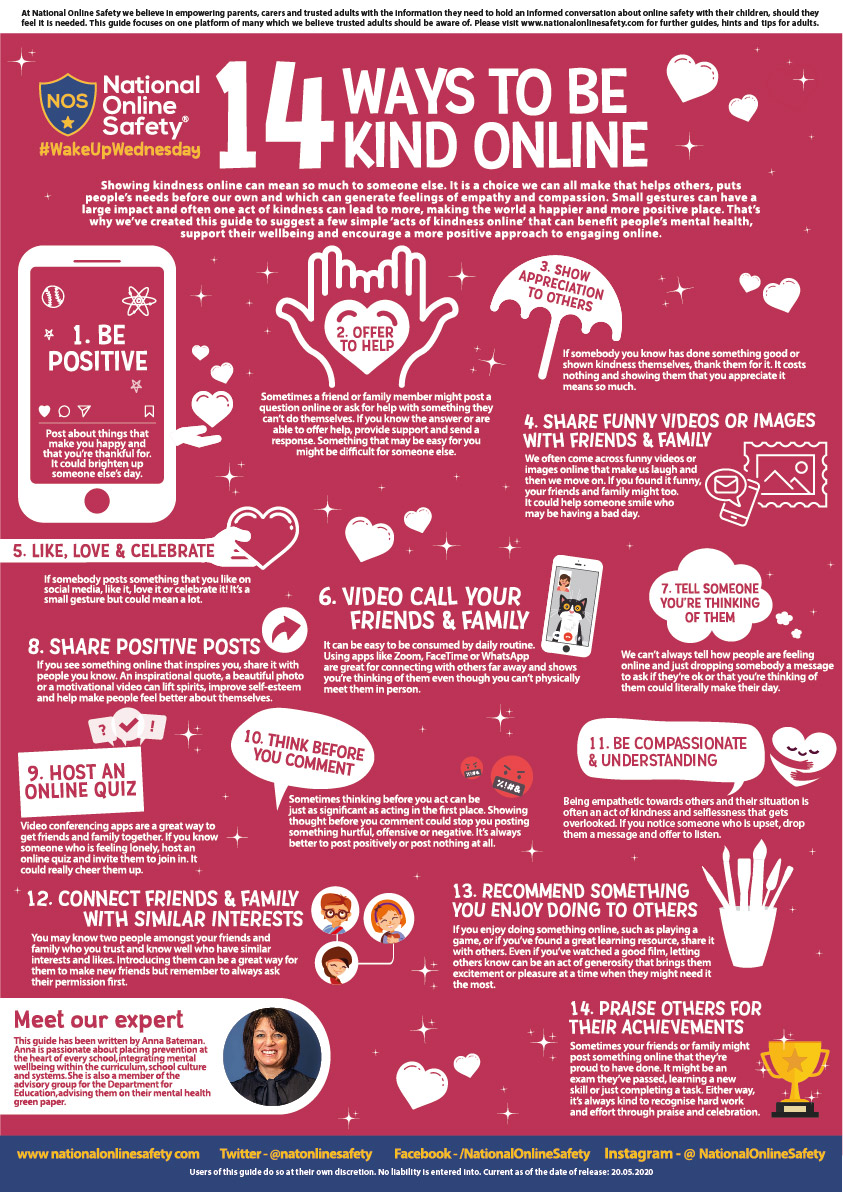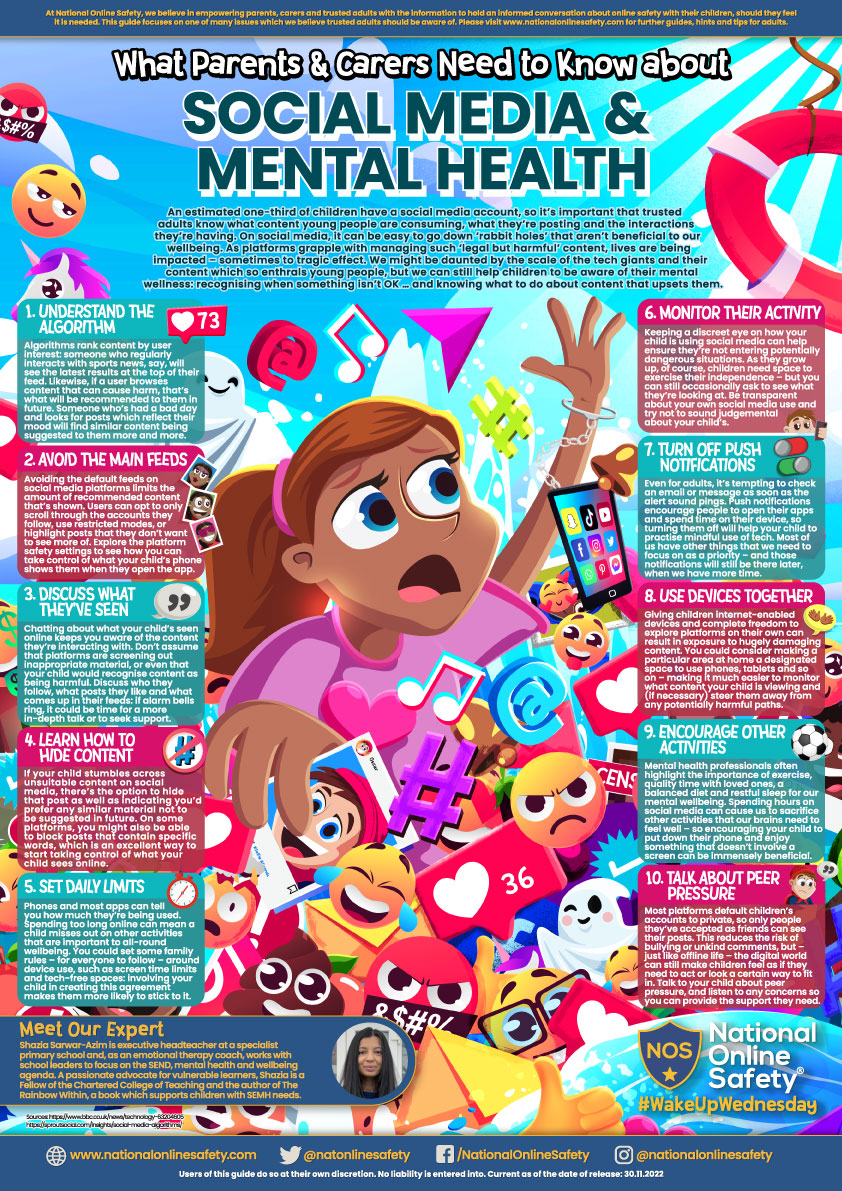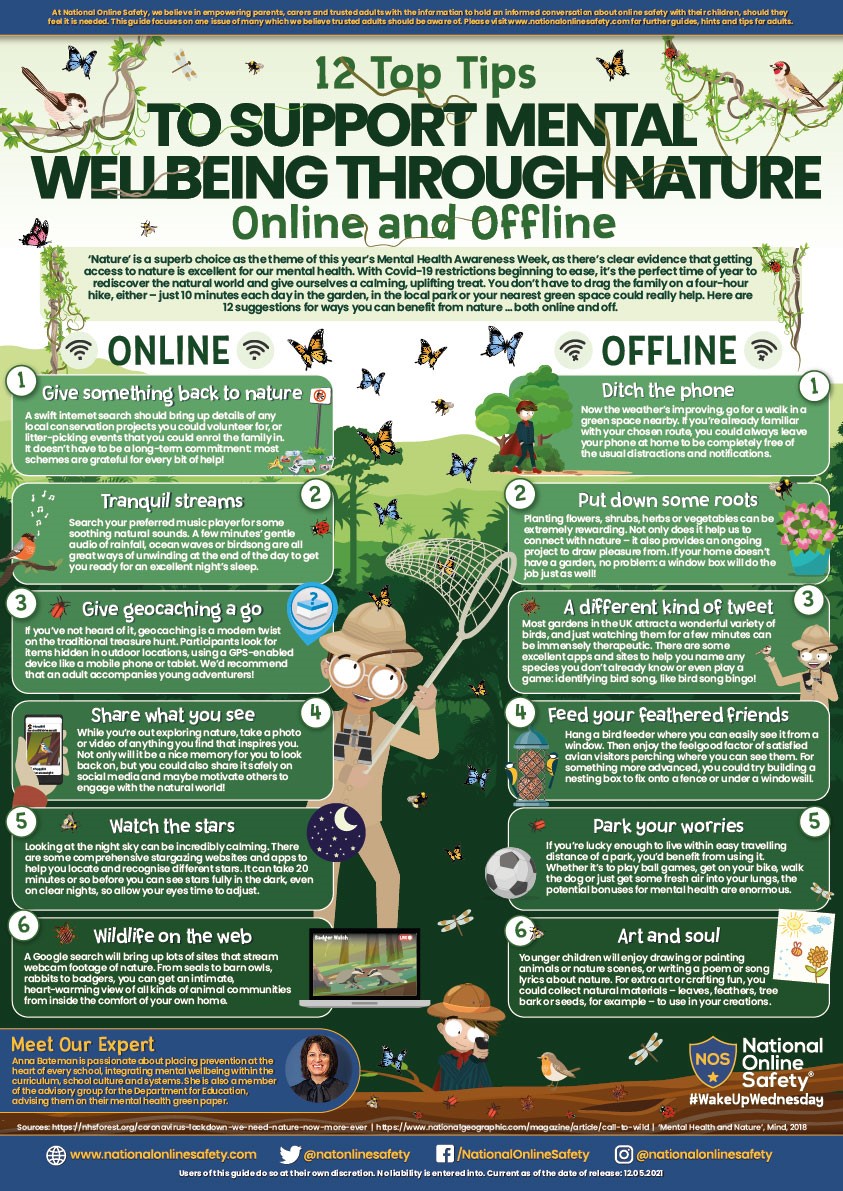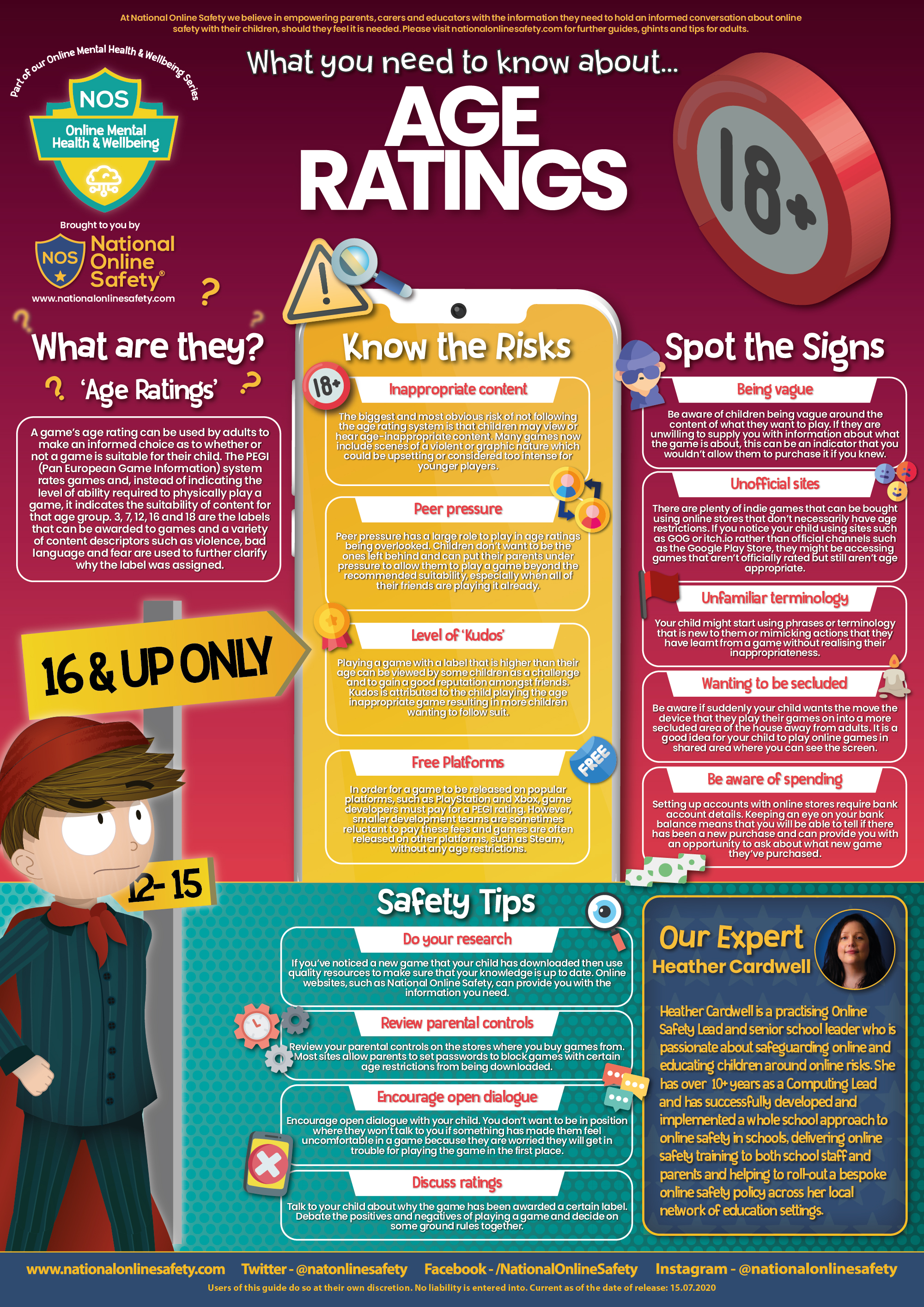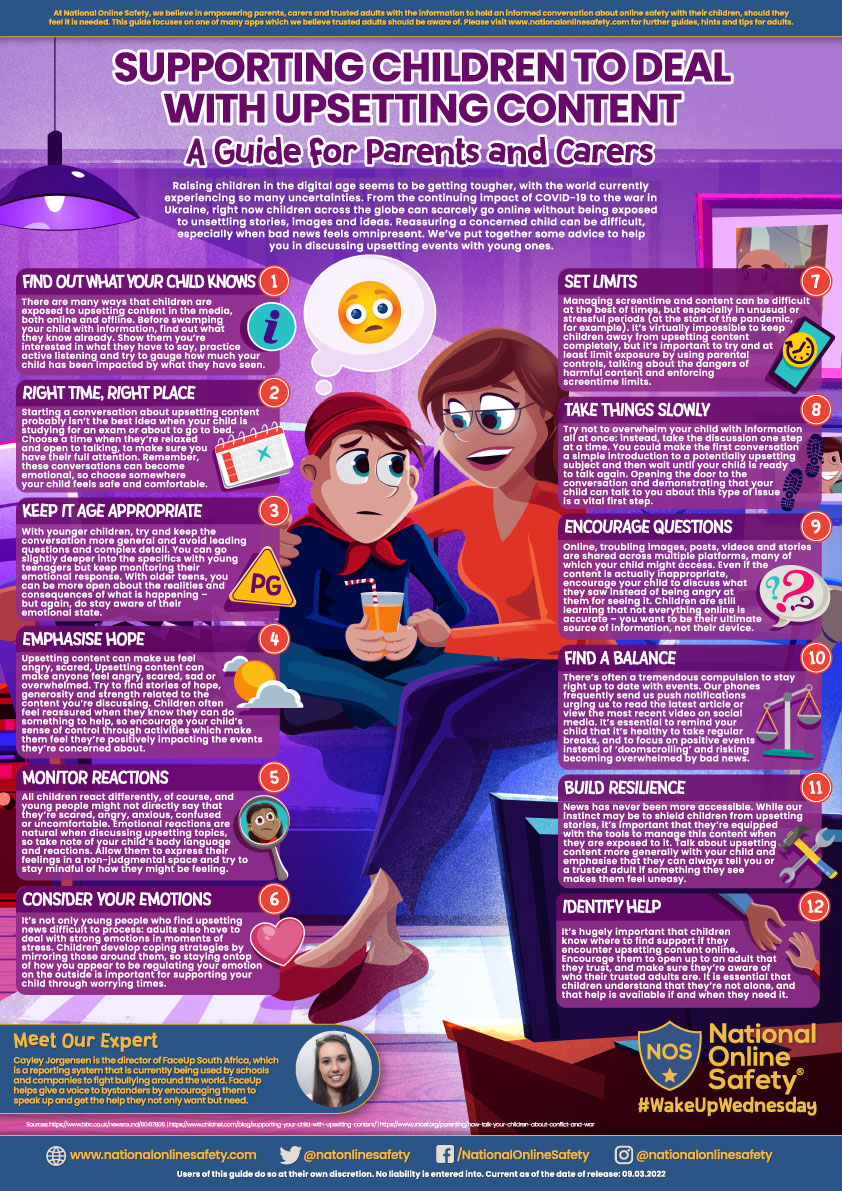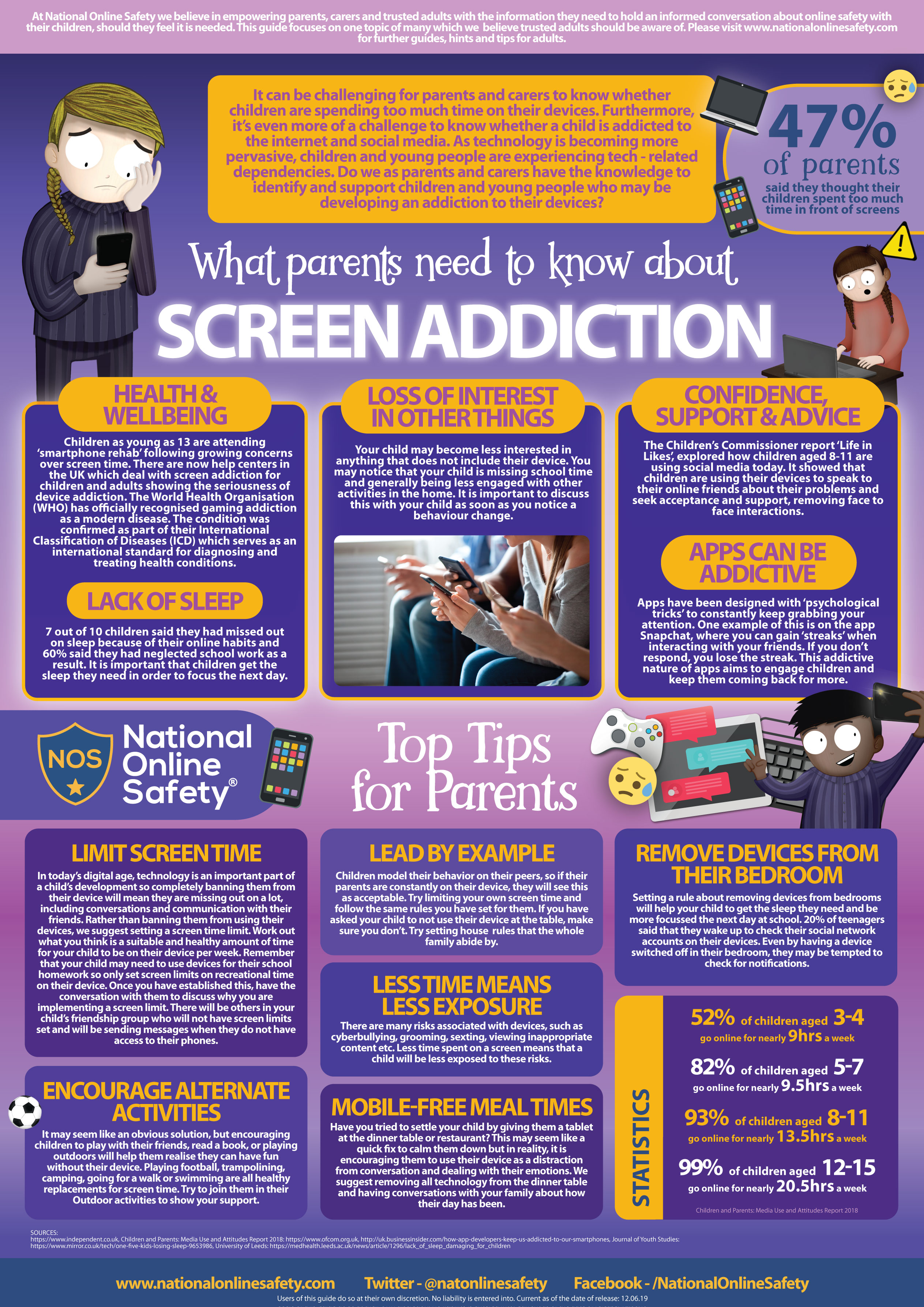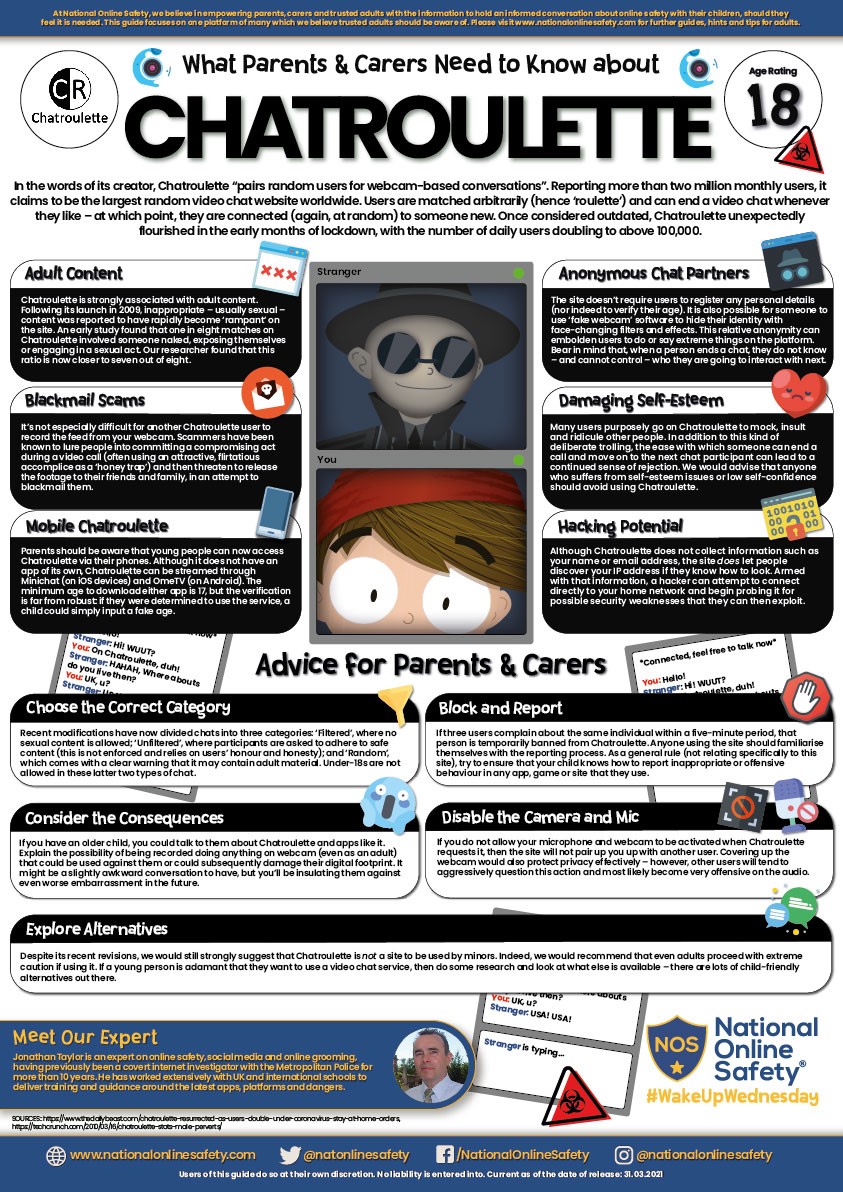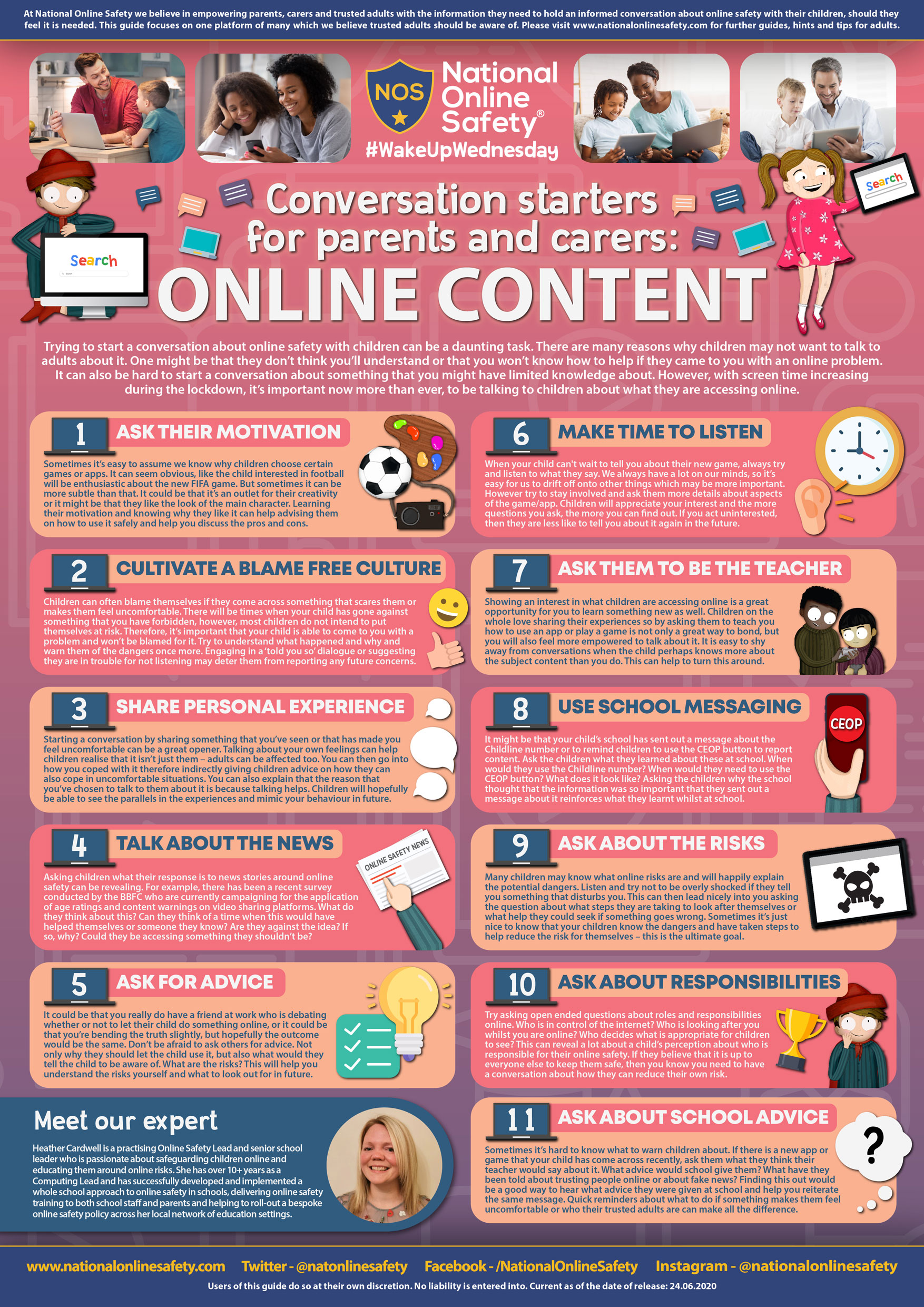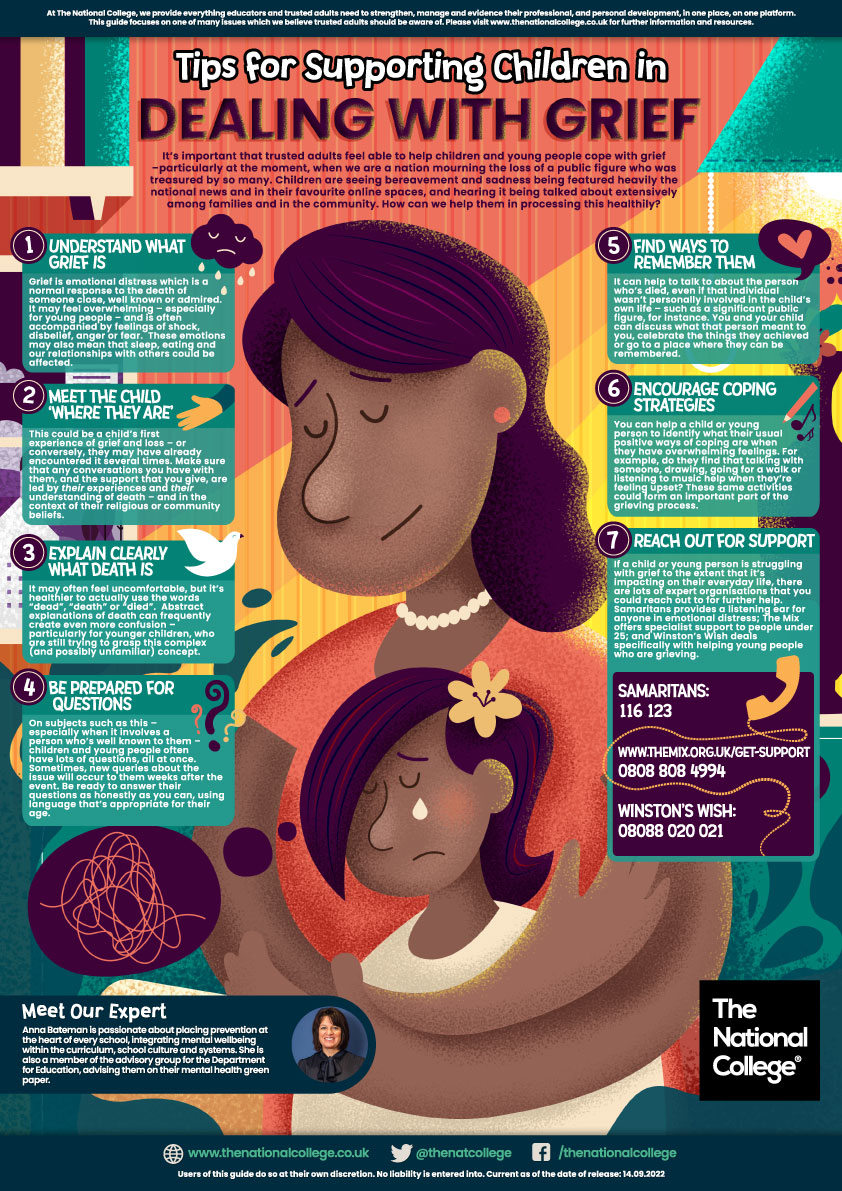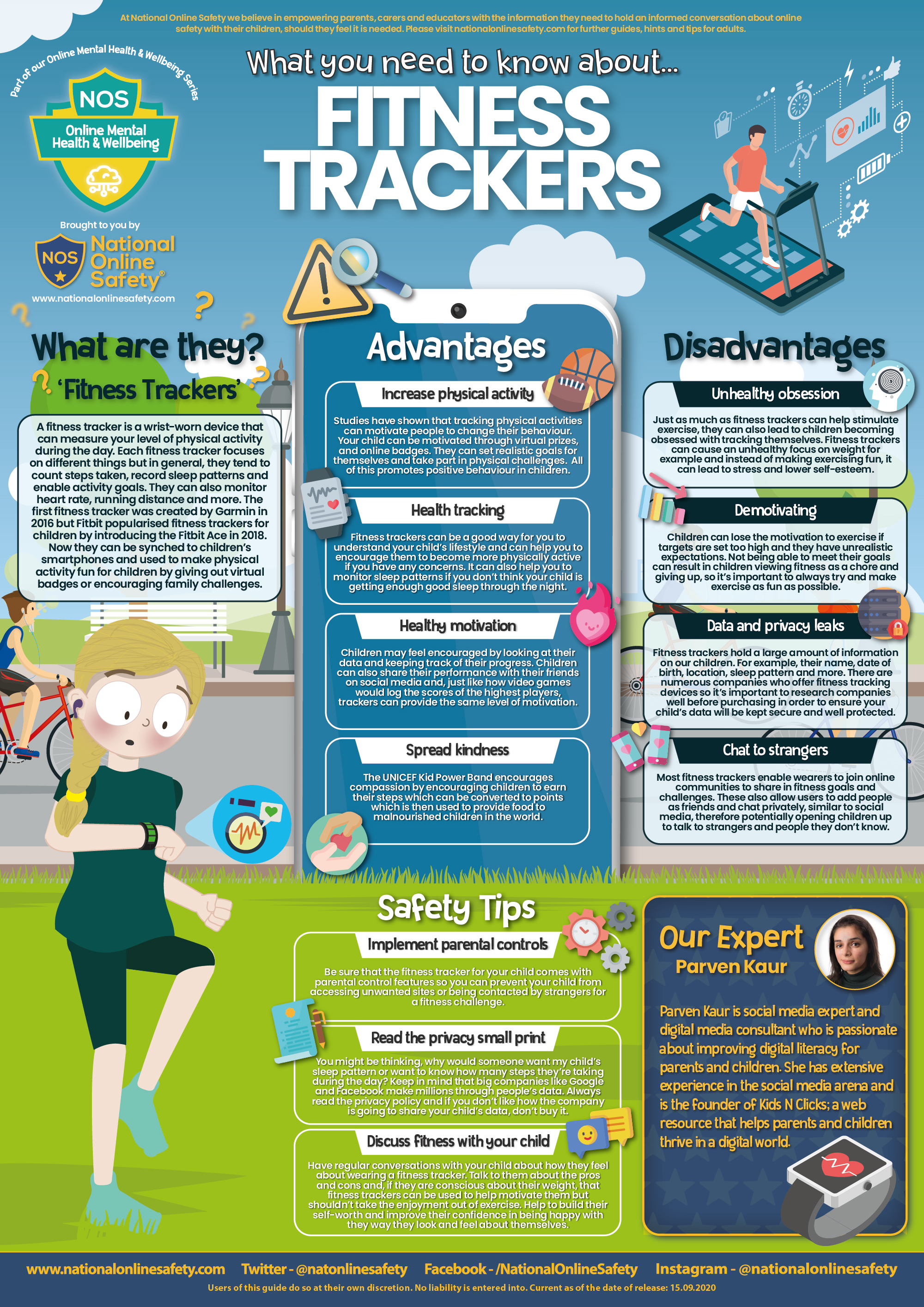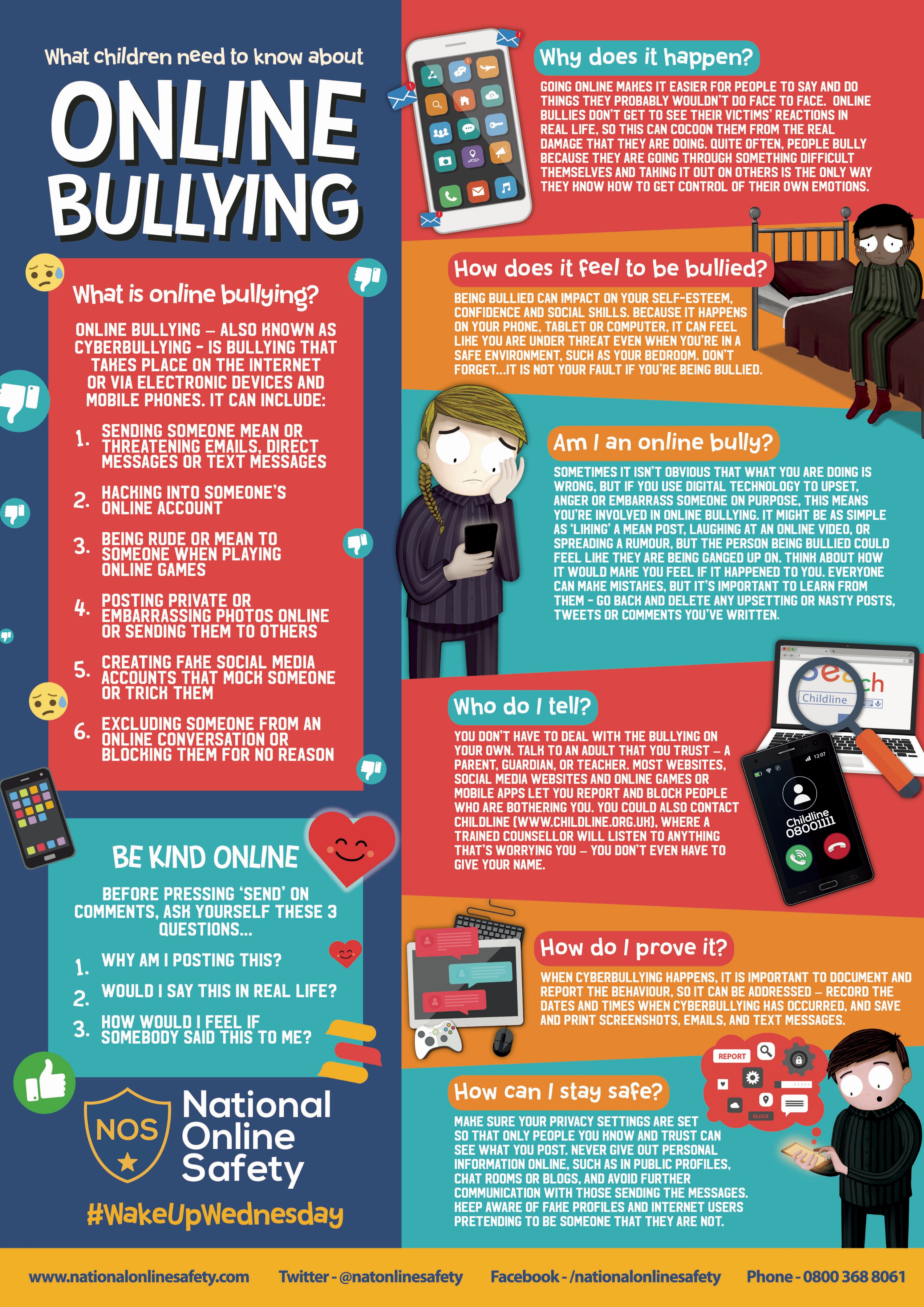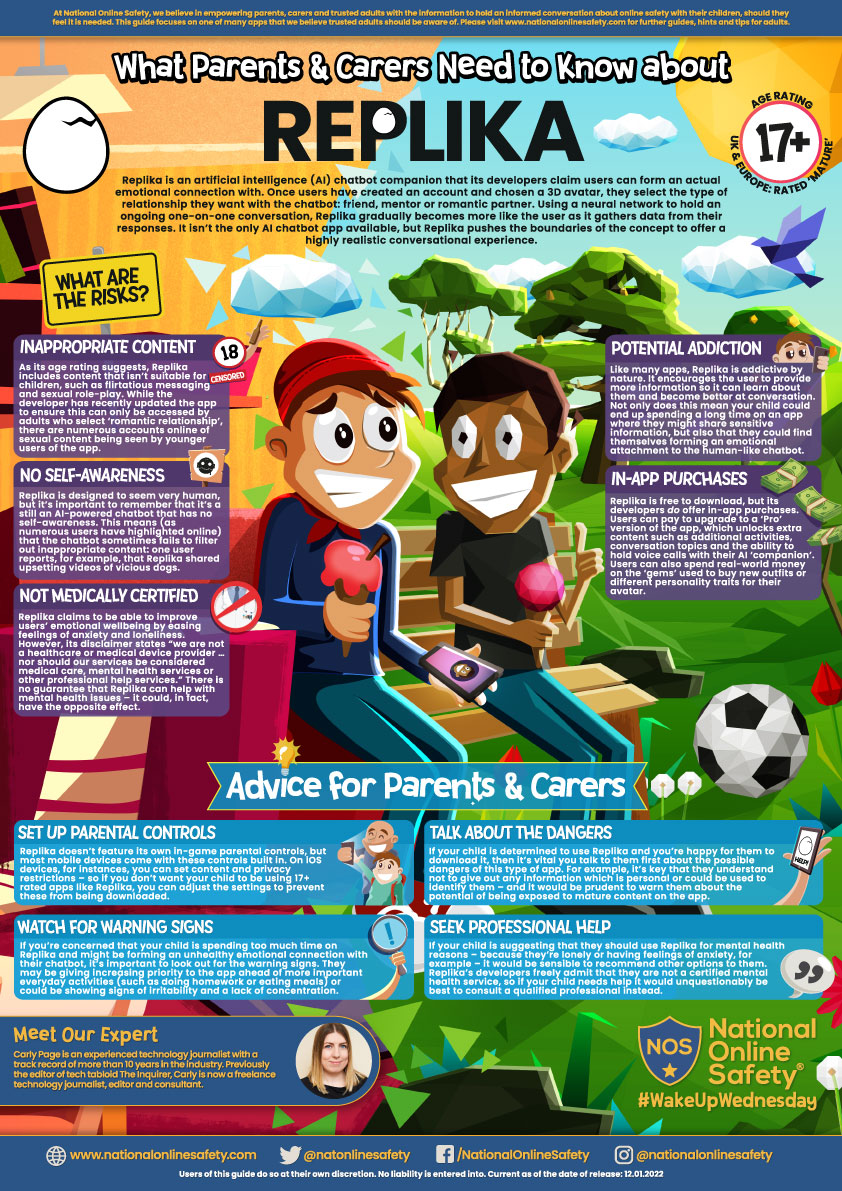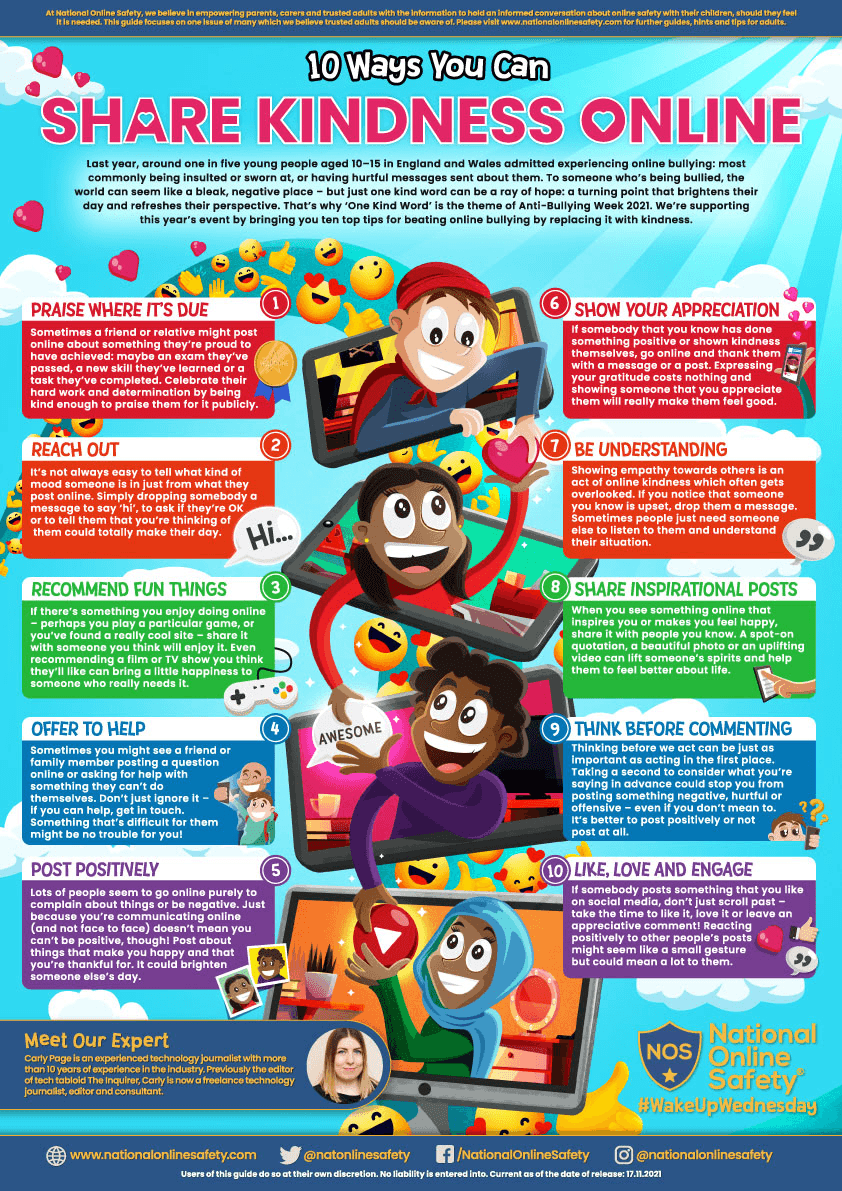Christ the King’s Commitment to Safeguarding and Child Protection
Christ the King Catholic Primary School is committed to safeguarding and promoting the welfare of children and expects all staff and volunteers to share this commitment.
We have a number of policies and procedures in place that contribute to our safeguarding commitment, including our Child Protection Policy which can be viewed on our website.
Sometimes we may need to share information and work in partnership with other agencies when there are concerns about a child's welfare. We will endeavour to ensure that our concerns about our pupils are discussed with parents/carers first unless we have reason to believe that such a move would be contrary to the child's welfare.
We actively support the Government's Prevent Agenda to counter radicalism and extremism.
Safeguarding Contacts in School
Designated Safeguarding Leader – Mrs Jennifer Riach (Head Teacher)
Deputy Designated Safeguarding Leader – Mrs Sue Horrocks (Assistant Head Teacher & SENDCo)
Communication with Parents
Our school will always discuss concerns with parents/carers and consent for any referrals should be sought unless to do so would:
- Place the child at risk of significant harm or further risk of significant harm.
- Place a vulnerable adult at risk of harm.
- Compromise any enquiries that need to be undertaken by children’s social care or the police.
The school will endeavour to ensure that parents/carers have an understanding of the responsibilities placed on the school and staff for safeguarding children.
In the best interests of safeguarding children there may be occasions when the school has to consult with other agencies without a parent or carer’s prior knowledge. Our first concern and responsibility is the child’s welfare and we have a duty to protect children first and always. Such consultation may result in a formal referral which could prompt visits from social care and/or the police. We fully understand that this can be a very distressing set of circumstances.
Curriculum
Child safety issues and child protection will be addressed through the curriculum where appropriate, especially through PSHE, Computing and E-Safety, Citizenship, Relationships, Sex and Health Education (RSHE) and British values.
We use a variety of resources and approaches to teach the children how to keep themselves safe, build their resilience and manage risks.
The curriculum, and in particular the PSHE and RSHE curriculum, includes an emphasis on relationships, building confidence and resilience in pupils and in developing preventative strategies to ensure their own protection and that of others. Opportunities are provided for pupils to develop the skills and strategies they need to stay safe from abuse, including age appropriate discussions about healthy relationships, their bodies and being able to say no to requests that they do not want to carry out. Clear advice and guidance is built into the curriculum to ensure that pupils understand that there is a range of contacts they can turn to for advice and support and that they know where and how to report abuse.
Internet Safety
Children and young people spend lots of time on the Internet. They may go online to research information for homework or to play games, chat with friends and make new ones. The Internet holds a massive amount of useful information and can also be an excellent way of learning about new things and keeping in contact with friends and family. It can also be a very dangerous place so it is important that children are protected and monitored when they are online.
CEOP (Child Exploitation and Online Protection) has lots of information about how to keep your children safe online and parental controls. The link to the website is below.
Support for parents
The NSPCC has an excellent website that can support you in keeping your own child safe or can offer advice if you have growing concerns around the care of children you know or are living close by.
If you are at all concerned that a child may be in immediate danger you should not hesitate in contacting the Police on 999 or talking to an NSPCC advisor on 0808 800 5000. If you witness something that worries you please be proactive in getting support.
Click the titles below to be taken to materials that will support you with the following topics:
What to do if you suspect abuse
Talking about difficult topics
Staying safe online and on mobile
Online games: helping children to play safe
Keeping children safe away from home
Separation, divorce and contact
Safe to Talk - Coventry City Council's domestic abuse website
https://www.safetotalk.org.uk/
Guidance Posters for parents
